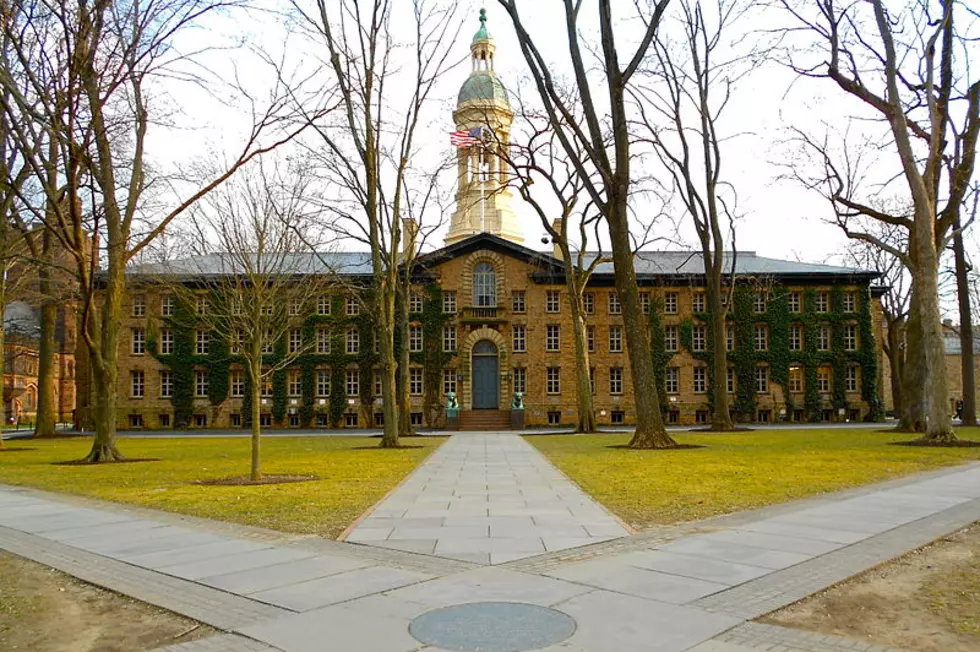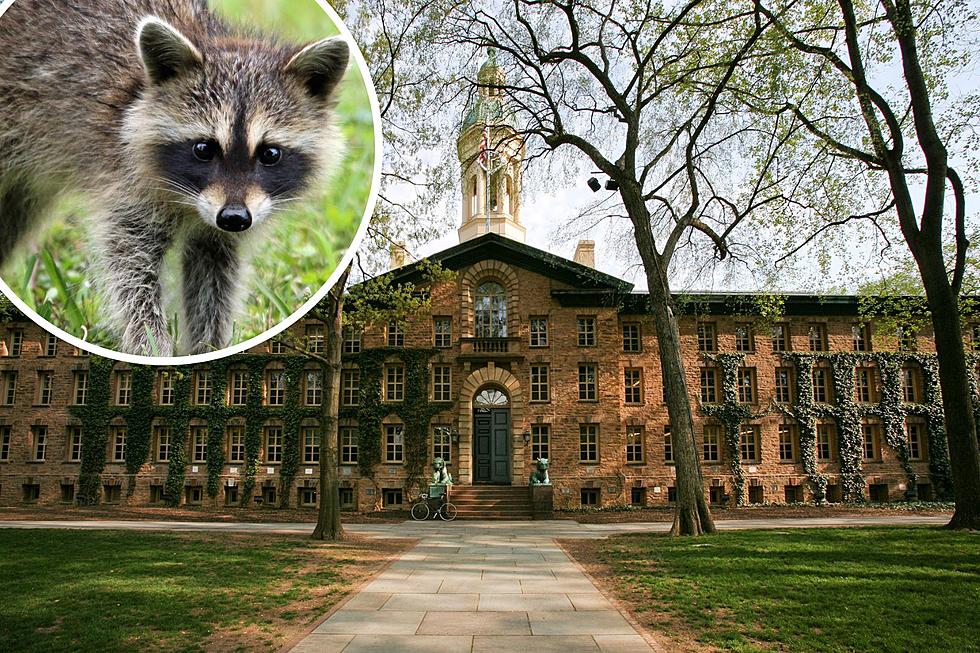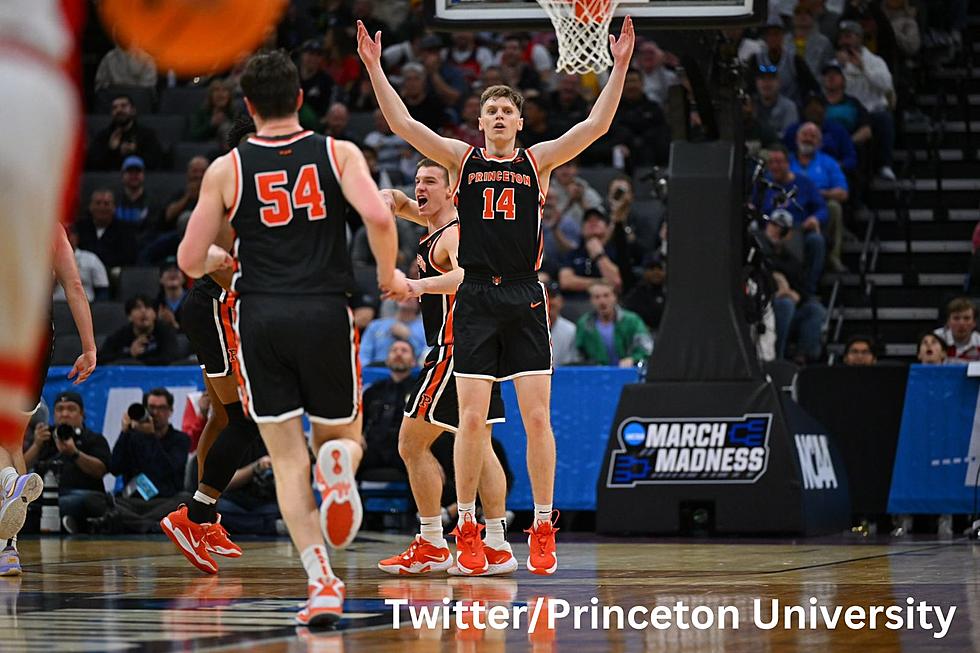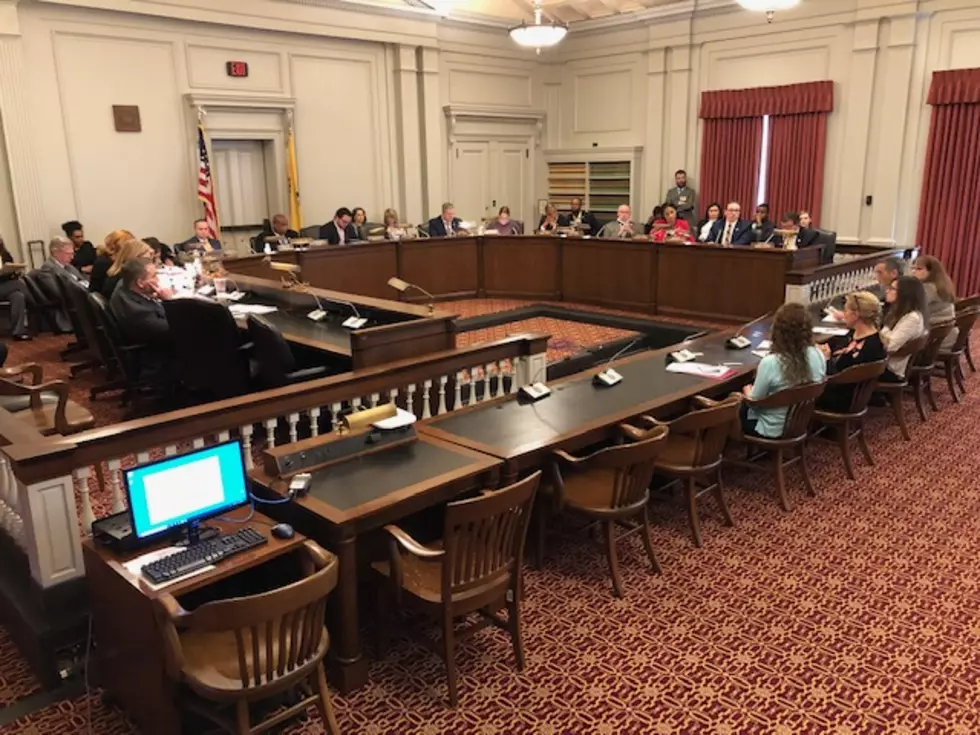
Meningitis Death Tied to Princeton Outbreak Strain
A Philadelphia college student died of the same type of meningitis that caused an outbreak at Princeton University, suggesting the strain might still exist on the Ivy League campus despite a massive vaccination effort, federal health officials said Tuesday.
Stephanie Ross, a Drexel University sophomore from Pittsburgh, had been in close contact with Princeton students about a week before getting sick, according to the U.S. Centers for Disease Control and Prevention. She died March 10.
Although 90 percent of Princeton's students and staff received inoculations for the meningitis B strain in December, vaccinated individuals can still carry the bacteria in their throats and transmit it to others, the CDC said in a statement. The agency urged vigilance in preventing new cases.
"Although transmission is from person-to-person, this organism is not highly contagious and requires sharing respiratory and oral secretions to spread," the statement said.
The CDC said there is no outbreak at Drexel, which is about 40 miles from Princeton.
Meningitis causes swelling of the membranes covering the brain and spinal cord and is fairly rare in the U.S. But the illness develops quickly and, left untreated, can be fatal within a couple of days. Symptoms include a stiff neck, nausea, vomiting, light sensitivity and confusion.
Drexel officials said they have provided preventive antibiotics to everyone who came into close contact with Ross, a mechanical engineering major who was found unresponsive at her sorority house.
The Princeton outbreak began in March 2013 and sickened seven students and a campus visitor. All have recovered.
About 5,300 members of the Princeton community received shots of the B strain vaccine in December, a couple of weeks after the most recent case was identified.
No new cases have been reported since then. A statement from Princeton released Tuesday urged people not share drinking glasses, eating utensils, smoking materials and other items.
The vaccine, Bexsero, made by Switzerland-based Novartis, is approved for use in Europe, Australia and Canada but not yet for general use in the United States. The CDC recommended the unusual step of allowing Princeton to offer it, which was approved by the Food and Drug Administration.
Federal officials also permitted the University of California in Santa Barbara to hold a vaccination clinic with Bexsero in February.
Four students at UC Santa Barbara fell ill in November with a form of bacterial meningitis similar to the Princeton cases. Three recovered and the fourth had both feet amputated.
(Copyright 2014 The Associated Press. All Rights Reserved.)
More From New Jersey 101.5 FM









